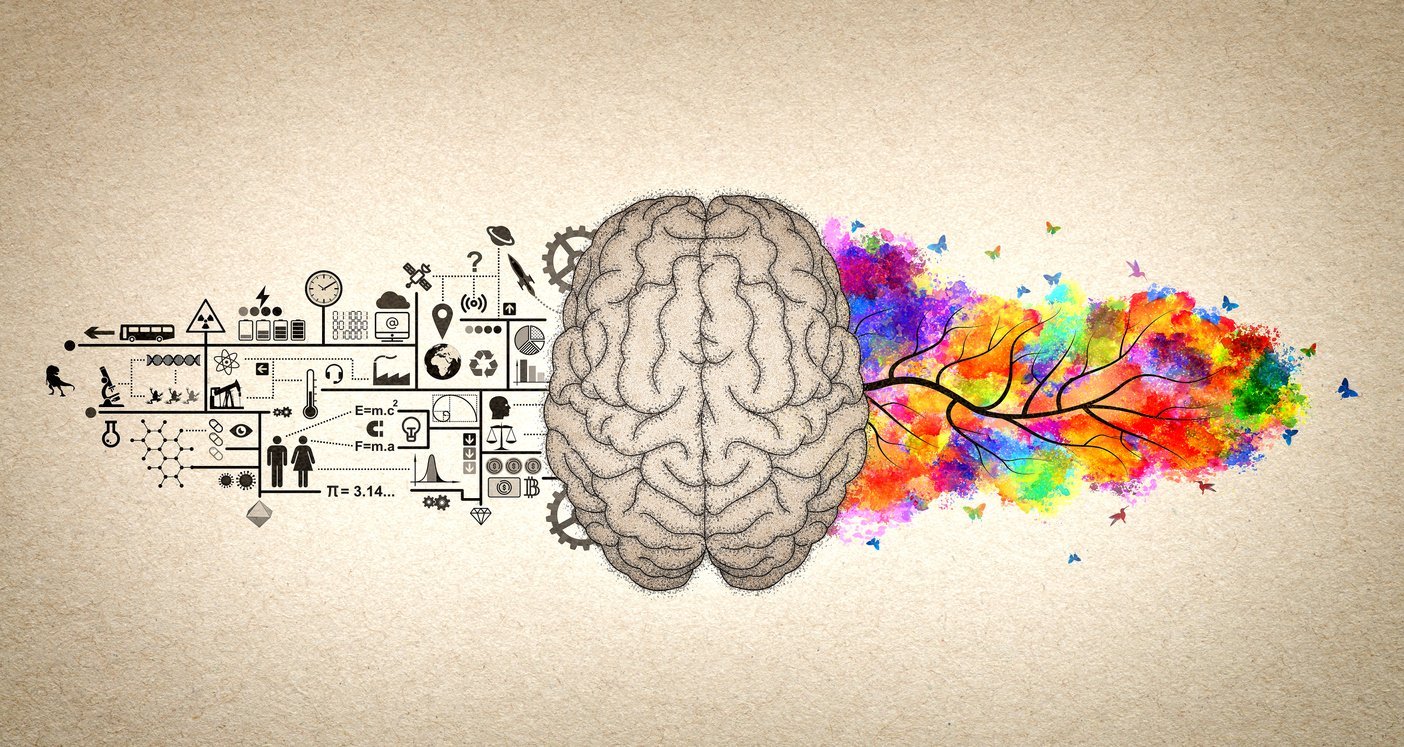Training Cops for the Future
The training of police officers is a complex and critical process that should reflect the changing nature of society and policing itself. As we advance through the 21st Century, the challenges police officers face are increasingly more complex and require a more sophisticated, adaptive training approach.
Police officers must be digitally literate due to the rapid technological advances in crime-fighting and police tools. They must have a good understanding of cybercrime, digital evidence, and advanced surveillance tools that is balanced with an understanding and commitment to civil and privacy rights. The need for career-long training in this area is crucial since technology is changing at an accelerated pace.
Cultural competence and sensitivity is another key component of police training that will be more important in the future. Police officers work in diverse communities and interact with people of all backgrounds. Effective community policing requires an understanding of cultural nuances, mental issues, and de-escalation techniques. This training is not static. It requires constant adaptation to the changing values and social dynamics of the communities officers serve.
In addition, given the unpredictable nature of future crises officers must be trained to respond to emergencies and disasters they have never before witnessed. In these scenarios, officers must be able to think quickly, adapt, and work under pressure. They will on occasion be asked to serve as warriors protecting the people they serve and then immediately revert to a more guardian approach to their interactions with the community.
Finally, ethics training is a foundational to the administration of justice in America. The importance of upholding human rights, maintaining fairness and public trust is paramount. Training in accountability mechanisms such as body-worn cameras, transparent police practices and training on accountability mechanisms are all part of this.
Training police officers of the future is an ambitious task that demands a forward-looking and dynamic approach. It must include technological proficiency, culture competence, crisis management and ethical policing while adapting to the ever changing landscape of crime and society.

Defensive Tactics Training for the future
In the future, cops will probably have access to tools that incapacitate resisting arrestees without hurting them. But those tools don’t exist today, and we are forced, as a first level use-of-force, to resort to putting our hands on them to try and restrain them. The extent to which officers are proficient in the use of “hands-on” techniques directly relates to the reduction of injuries to arrested persons. This is where martial arts-centered defensive tactics comes into play.

